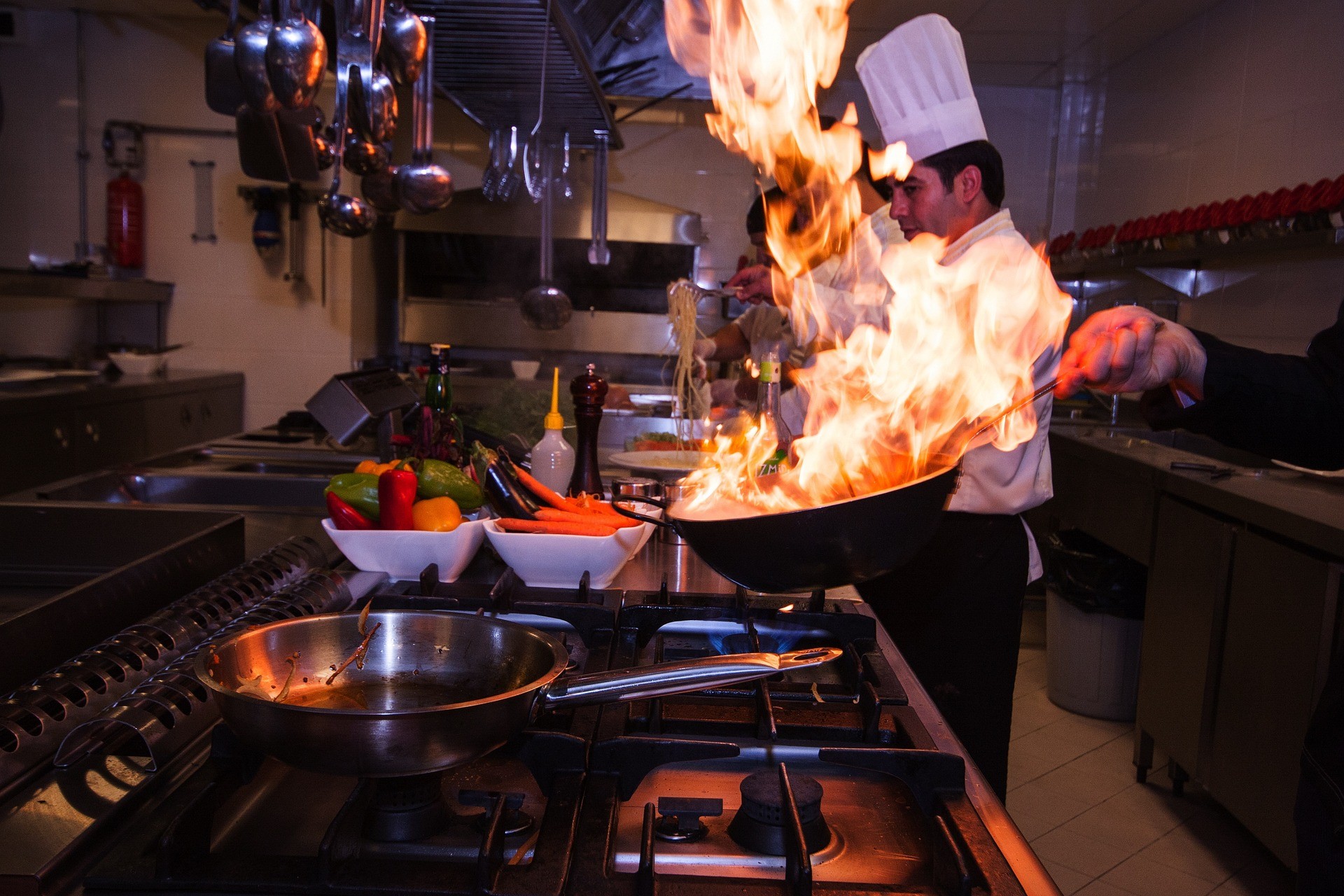Several activities involving fire can occur at any time in your kitchen, making kitchen fire systems more than essential. Because of the combination of grease, open flames, and heat, fires are a real risk in restaurants. Fire alarms and kitchen hood systems aren’t enough to protect your staff and property.
Having a fire suppression system is a good start. However, you must keep it in top shape in case it ever needs to be used. The last thing your business needs during a fire is a malfunctioning or non-working fire suppression system.
Maintaining Your Fire Suppression System
Whether you have a cry chemical system, a wet chemical system, or a foam system, you must maintain it properly. Proper maintenance requires more than just checking the system for leaks and replacing the extinguishing agent every so often.
Fire prevention begins with proper preventive measures and fully functional fire prevention equipment in the kitchen. The following are some of the most useful tips for maintaining kitchen fire suppression systems:
1. Conduct Monthly Visual Inspections
Restaurant owners or managers should visually inspect the system once per month to ensure there are no damaged nozzle caps, grease clogs, or any other issues. Anything that looks suspect should be checked out by a professional with experience in servicing that type of system.
2. Enforce Proper Cleaning and Safety Procedures
All staff must use caution while using the equipment in your kitchen, while restaurant owners and managers keep it well-maintained. Proper clean-up and safety procedures must be followed because the fire suppression system can accumulate grease and grimy buildup over time, which can cause the system to fail.
3. Train Employees to Deal with an Emergency
Even when everyone in your kitchen is routinely careful and takes all necessary precautions, fire accidents can still happen without warning. Ensure that every employee, whether they work 40 hours per week or four, knows how to activate and work it in case of emergencies. They must be clear about proper procedures.
4. Seek the Guidance of a Technician before Remodels
If you’re planning to start any renovations or remodeling projects for your kitchen space, it’s a wise idea to consult with a licensed fire safety technician before you start your plans.
This is because fire suppression systems are generally configured according to your kitchen’s lineup to provide the ultimate protection for your equipment. If that layout changes, your fire suppression system should also be updated according to the new lineup.
5. Schedule Regular Inspections with a Pro
It’s recommended that you schedule a complete inspection of your fire suppression system for your kitchen at least twice per year. Because the kitchen is a hazardous area, the assessment should be completed by a licensed professional according to federal, state, and local codes, regulations, and fire safety guidelines.
6. Keep a Backup System Ready
Having a backup system in case your main suppression system in the kitchen fails is never a bad idea. It doesn’t have to be an entire complex system, either. It’s always smart to keep a backup method like fire extinguishers near equipment and cooking stations.
Having fire extinguishers at the ready can suppress small fires. In the event the main fire suppression system doesn’t trigger, a fire extinguisher can make an enormous difference in the outcome of the emergency.
Insist on the Best Equipment for the Best Protection
Remember that the best fire suppression equipment will provide the best fire protection. Don’t entrust something as important as your business or your kitchen to equipment from just anyone. Always purchase your equipment and systems from a top-rated fire equipment company. Can you really afford not to?

